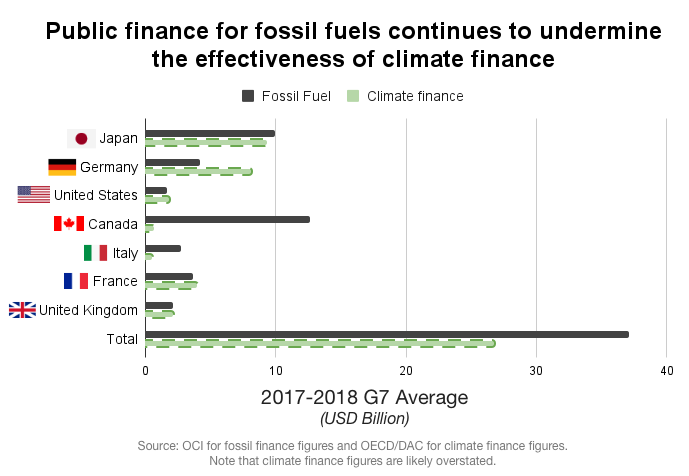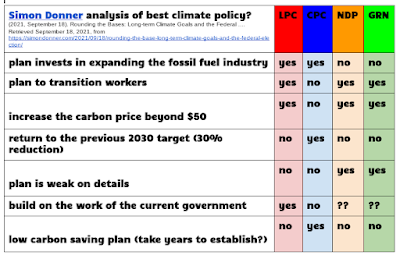The original people living in the area now known as Pictou were the Mi'kmaq and had been living in the area for hundreds and possibly thousands of years. The early name that the Mi'kmaq had for the area was Pictook, meaning exploding gas, probably related to the coal fields in the area. They assisted the early European settlers with hunting, fishing and the ways of the land. If it weren't for them, many of our European forefathers would never have survived through those long cold winters.
Uncle Roger MacPherson writes in ”Some Descendants of JAMES MACPHERSON of Fisher's Grant, Pictou County, Nova Scotia“ that in 1776, the 8th Duke of Hamilton was appointed to form a regiment to reinforce British forces in North America. Recruiting took place mainly in the Lanarkshire district but also in the Highlands and in the Hebrides. Its ranks included Highlanders and Lowlanders. Six companies were raised and sailed for Halifax, Nova Scotia, in 1778 to reinforce the Garrison there. The regiment fought the American Revolutionaries in the Northeast. In October, 1783 the 82nd regiment sailed from New York for Halifax. Those who elected to remain in Nova Scotia as settlers were released there and given grants of land, and the remainder returned to Scotland, where they were disbanded on 31 May 1784. A tract of land containing 26,030 acres in Pictou County, (the former Fisher's Grant) was set aside for those soldiers of the 82nd who wished to settle and it became known as the 82nd grant. The land was surveyed and divided into lots for the soldiers to draw their number. Some sold their lots without seeing them; others visited the lots and promptly returned to Halifax to re-enlist. About fifty actually moved to Pictou County. These included James McPherson ( my great- great- great -great -great grandfather) and his brother John, who were each granted 100 acres
(n.d.). History of Pictou | Town of Pictou | Birthplace of New Scotland. Retrieved September 30, 2021, from https://www.townofpictou.ca/home/history-of-pictou/




















